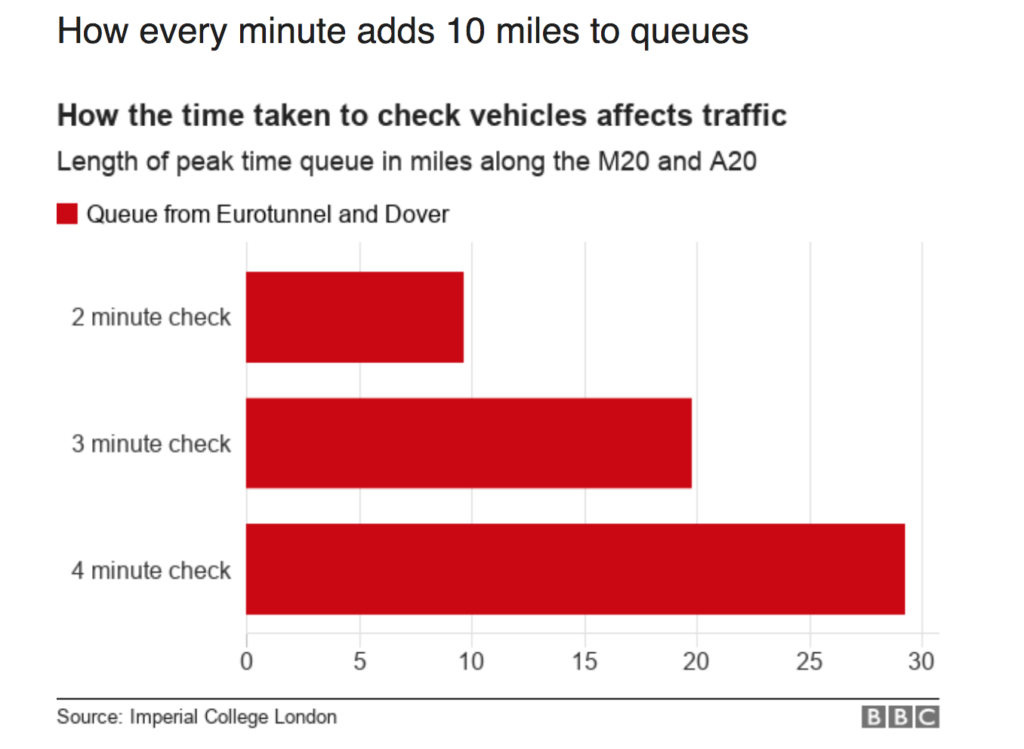Nice, insightful essay by Alexis Madrigal. Every new scandal is a fractal representation of the giant services that produce them:
On Tuesday, BuzzFeed published a memo from the outgoing Facebook chief security officer, Alex Stamos, in which he summarizes what the company needs to do to “win back the world’s trust.” And what needs to change is … well, just about everything. Facebook needs to revise “the metrics we measure” and “the goals.” It needs to not ship code more often. It needs to think in new ways “in every process, product, and engineering decision.” It needs to make the user experience more honest and respectful, to collect less data, to keep less data. It needs to “listen to people (including internally) when they tell us a feature is creepy or point out a negative impact we are having in the world.” It needs to deprioritize growth and change its relationship with its investors. And finally, Stamos wrote, “We need to be willing to pick sides when there are clear moral or humanitarian issues.” YouTube (and its parent company, Alphabet), Twitter, Snapchat, Instagram, Uber, and every other tech company could probably build a list that contains many of the same critiques and some others.
.People encountering problems online probably don’t think of every single one of these institutional issues when something happens. But they sense that the pattern they are seeing is linked to the fact that these are the most valuable companies in the world, and that they don’t like the world they see through those services or IRL around them. That’s what I mean by fractal irresponsibility: Each problem isn’t just one in a sequence, but part of the same whole.
Interesting also that facebook’s Chief Security Officer has left the company, and that his position is not going to be filled.

